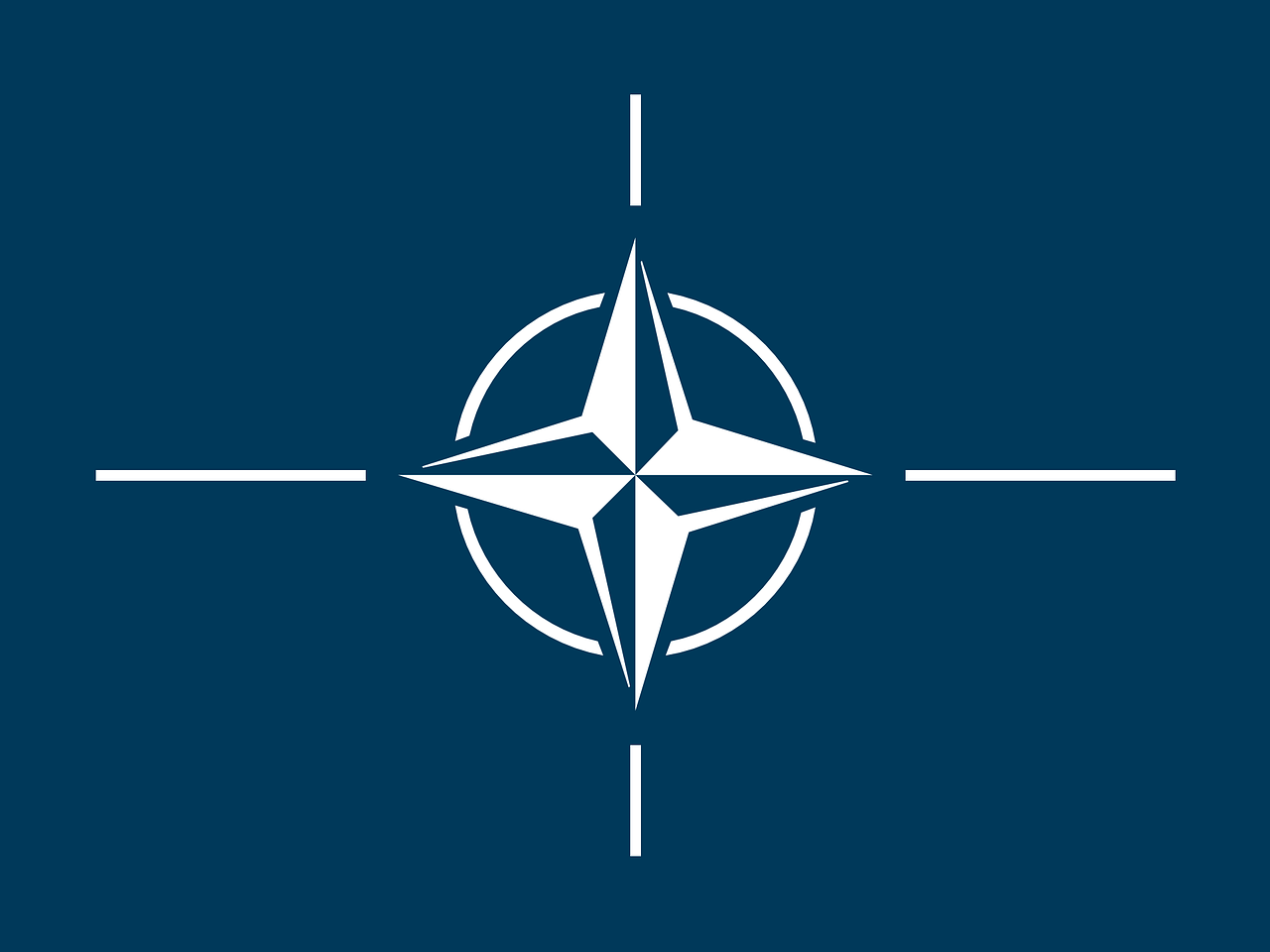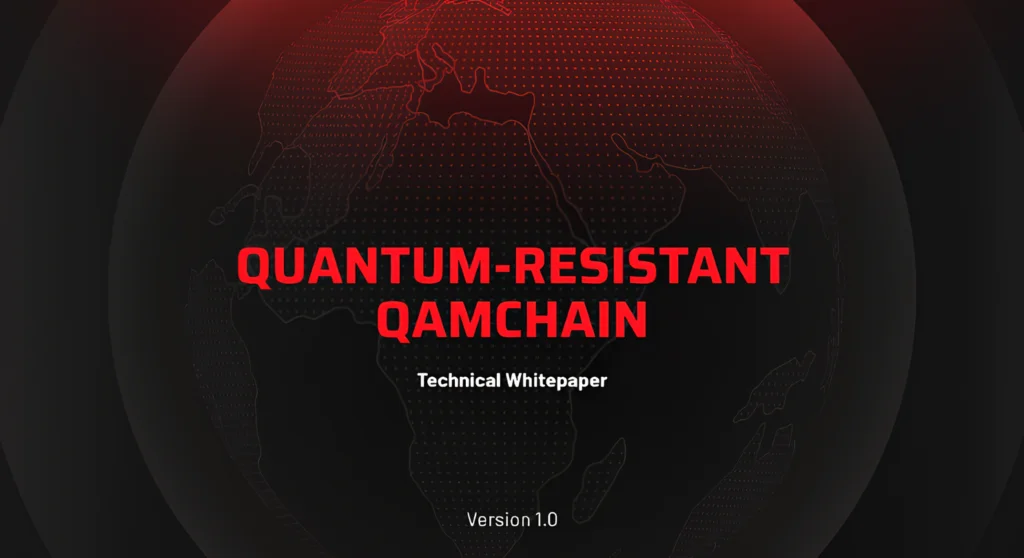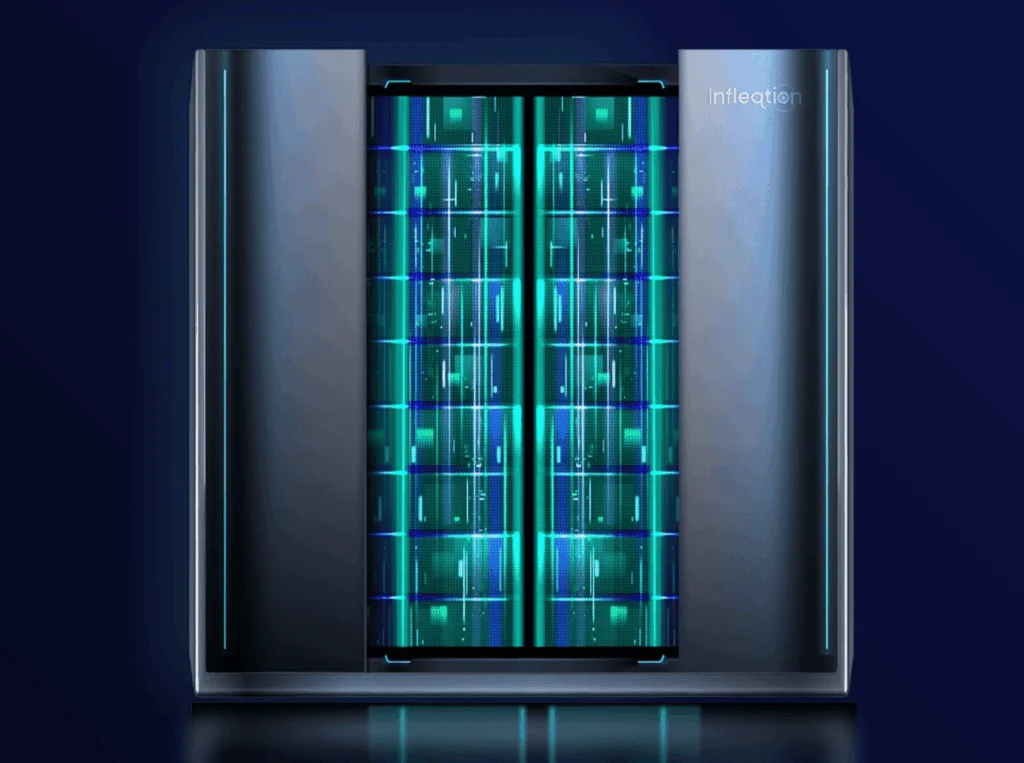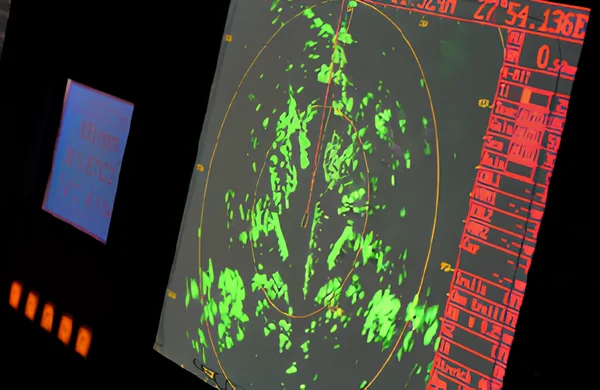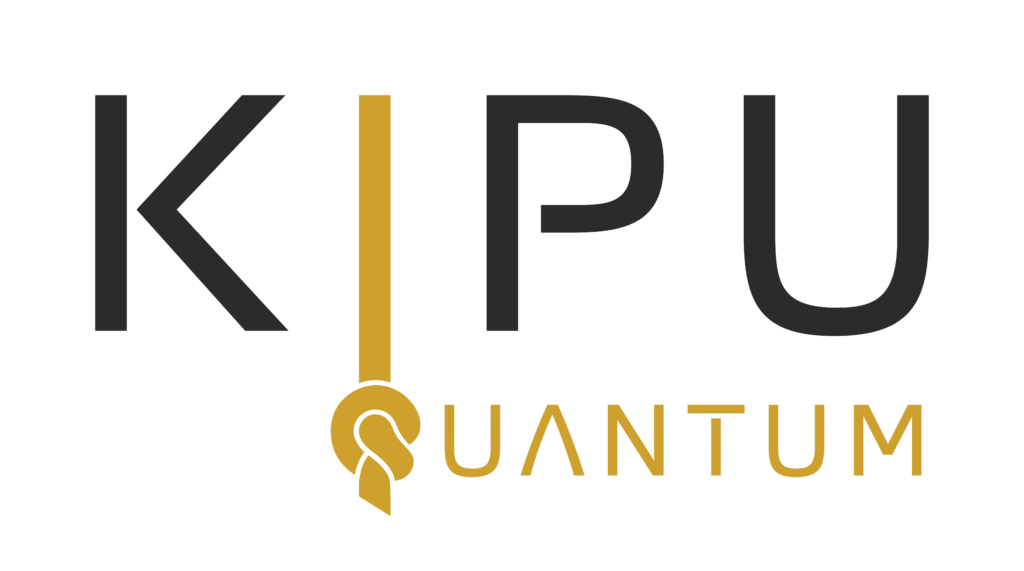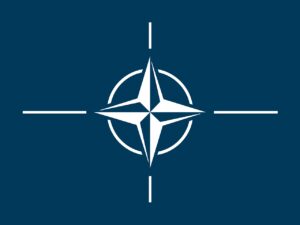
The NATO Cyber Security Centre (NCSC) reports it has successfully tested secure communication flows in a post-quantum world using a Virtual Private Network (VPN), according to a statement.
The VPN was provided by the United Kingdom-based Post-Quantum. The NATO Cyber Security Centre, which is run by the NATO Communications and Information Agency (NCI Agency), protects NATO networks 24 hours a day, seven days a week.
“Securing NATO’s communications for the quantum era is paramount to our ability to operate effectively without fear of interception. With the threat of ‘harvest now and decrypt later’ looming over secure communications, this is an increasingly important effort to protect against current and future threats,” said Konrad Wrona, Principal Scientist, NATO Cyber Security Centre.
Post-Quantum is a ‘Hybrid Post-Quantum VPN’ that combines both new post-quantum and traditional encryption algorithms.

The NATO and Post-Quantum scientists suggest that because it may take many years to completely migrate to a quantum-safe future, it is more realistic to combine these new algorithms with better understood traditional encryption to ensure interoperability. The Post-Quantum solution was proposed to the Internet Engineering Task Force (IETF) for open standardisation.
“Over ten years of deep R&D means we are well placed to engineer real-world quantum-safe solutions. This project with NATO is an important milestone in the world’s migration to a quantum-safe ecosystem. Organizations would be wise to take action now,” said Andersen Cheng, CEO, Post-Quantum in the statement.
This project was financed by Allied Command Transformation’s VISTA (Versatile Innovation through Science & Technology Applications) framework which aims to utilize the knowledge and research done by the NATO enterprise, Nations, academia and industry in order to enable science and technology for accelerated warfare development.
If you found this article to be informative, you can explore more current quantum news here, exclusives, interviews, and podcasts.

